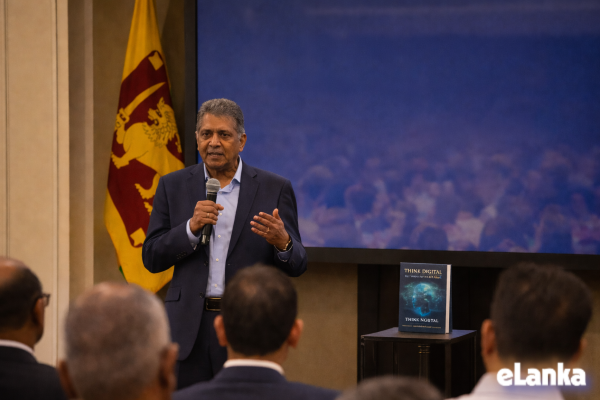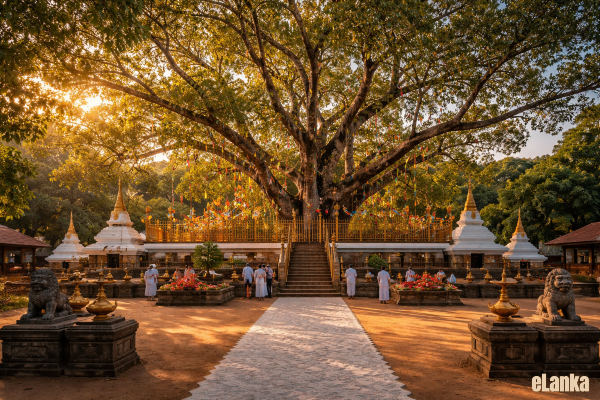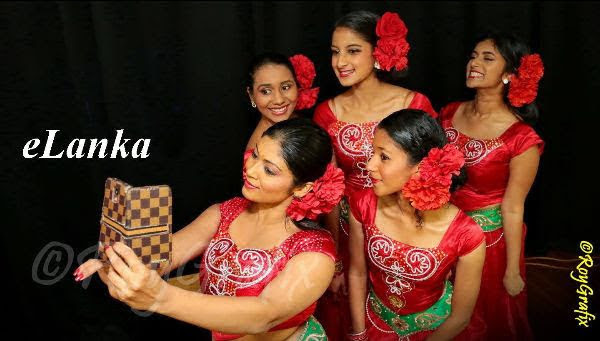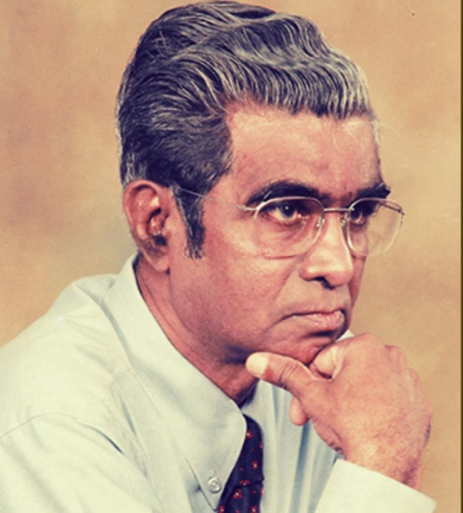Sri Lanka’s Forthcoming General Election: A Review
Source:Thuppahis
Verite Research
The General Election (GE) is scheduled to be held on November 14, 2024.
|
|
1. NPP: High in credibility and low in experience
The NPP is seen as having high credibility but low experience.
High credibility: The NPP has been gaining credibility as a force that is moving against the political culture of corruption and against the traditional political élite who are viewed as part of the past system of corruption.[3] Its stance against corruption and its commitment to a ‘cleaner political culture’ continues to resonate with the public. Many seasoned politicians withdrawing from contesting the election is seen as a consequence of the positive change ushered in by the NPP. This has further bolstered the NPP’s credibility.
Low experience: NPP remains on the defensive with regard to its experience. Political opponents including former President Ranil Wickremesinghe and Dilith Jayaweera got lots of media attention on their claims that the NPP lacked the necessary experience and capability to manage the economy and govern effectively.
2. SJB and NDF: Low in credibility and high in experience
The SJB, led by Sajith Premadasa, and the NDF, led by Wickremesinghe, are seen as having low credibility despite having more experience.
(i) SJB
Low credibility: The SJB’s credibility has eroded by taking actions that are considered questionable.[4] For instance, in the lead-up to the 2024 Presidential Election (PE), the SJB was subjected to criticism particularly in relation to the political crossovers it entertained which included certain politicians such as Thilanga Sumathipala, and Nalaka Godahewa.[5] Overall, this has led to low public expectations regarding the SJB’s commitment to moving against the culture of corruption fostered by the traditional political élites.
High experience: The SJB remains strong in terms of its claim to being experienced. This is due to the perceptions around some of the key figures in the SJB, who are seen as competent and knowledgeable with regard to economic management and administration.[6]
(ii) NDF
Low credibility: The credibility of the NDF – a coalition made up of the UNP and a breakaway faction of the SLPP – diminished when Wickremesinghe associated himself with the SLPP.[7]
The recent involvement of NDF members in corruption scandals, including former Minister Tiran Alles’ (NDF national list candidate) role in the VFS irregularities, has further undermined public confidence in the party’s commitment to combat corruption.[8]
High experience: Similar to the SJB, the NDF is seen as experienced in strengthening the economy and governance. NDF politicians position themselves as part of Wickremesinghe’s team that ‘rescued the country’, drawing on his reputation and the momentum from the recent presidential campaign to frame their return to parliament.[9]
3. SLPP, UDV and SB: Low in credibility and low in experience
The SLPP, the Dilith Jayaweera-led SB and the Ranjan Ramanayake-led UDV are positioned as ranking low in both credibility and experience.
Low credibility and experience: The SB and UDV are portrayed as having both low credibility and experience. As emerging political parties, they are perceived as lacking experience in governance and economic management. The SLPP is portrayed as lacking credibility as it is widely blamed for the economic crisis.
In addition to the dimensions of credibility and experience, the Sinhala media discourse surfaced a third dimension of electoral contestation, albeit with minimal traction. This dimension focuses on promoting Sinhala-Buddhist cultural interests. Such criticism was primarily directed at the NPP, blaming it for working in the interests of a ‘separatist agenda’ intending to ‘federalise’ the country.
























